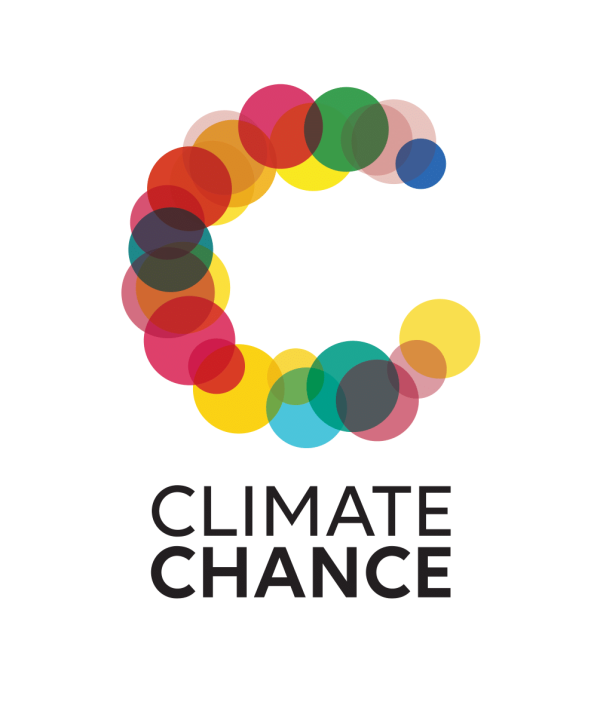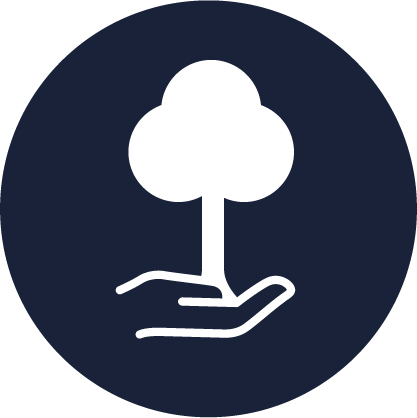Restaufor_Kin
Higher education (Masters and Doctorate), scientific research, capacity-building training, experimentation with best practice in actions linked to the sustainability of African cities

Overview of the project
This initiative stems from the results of our thesis on: “Ville de Kinshasa: Ecosystèmes péri-urbains et approvisionnement urbain durable en aliments non conventionnels”.
Indeed, the growing difficulties encountered in supplying cities with non-timber forest products (edible insects) and wood energy remain the degradation of the natural environment and the huge problems of using peri-urban ecosystems that influence the urban-rural interface in Africa.
The aim of the project is to contribute to the restoration of urban and peri-urban forest ecosystems in the city of Kinshasa by reforesting areas degraded by caterpillar host trees (A. auriculiformus and M. laurentii).
The project will be carried out in the urban and peri-urban areas of the city of Kinshasa over a period of five (5) years. The sites to be reforested will be chosen on the basis of location (periphery for Acacia plantations and urban for Millettia).
Contributing to the restoration of urban and peri-urban forest ecosystems in the city of Kinshasa
Ongoing research
01-03-24 à 30-03-29
The end of this project will be marked by the establishment of plantations dominated by two plant species (A. auriculiformus and M. laurentii), including 350 ha of A. auriculiformis plantations and 150 ha of M. laurentii plantations.
Within the next 5 years, the landscape of Kinshasa will have a larger surface area of vegetated areas, leading to an increase in the production of energy wood and NTFPs (edible insects).
organisation
Higher education (Masters and Doctorate), scientific research, capacity-building training, experimentation with best practice in actions linked to the sustainability of African cities, publication of research results in Scopus-indexed journals, participation in international conferences, etc.
Forest Ecology and Management Laboratory (LECAFOR);
Institut Supérieur d’Etudes Agronomiques de Bengamisa.




